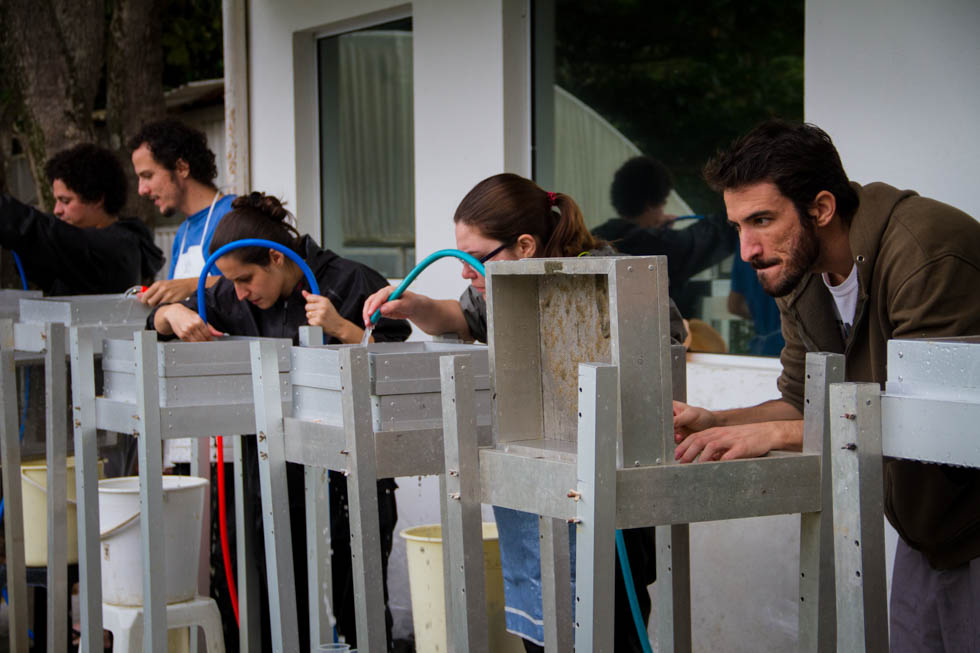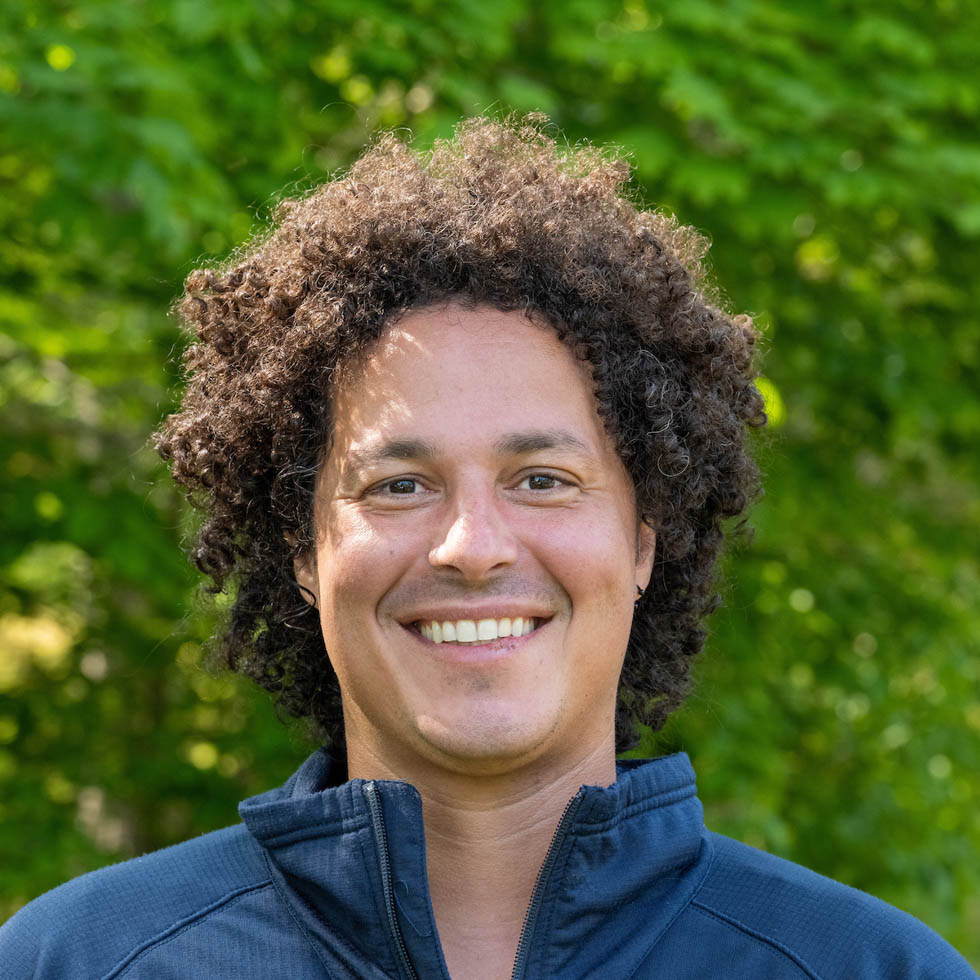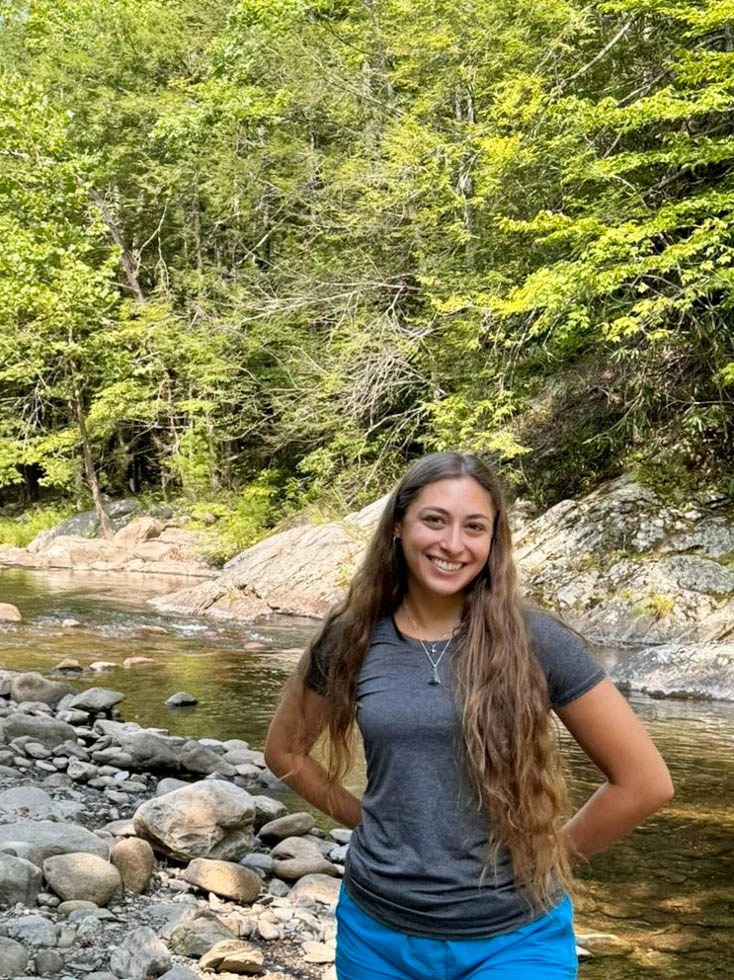People
In our lab, you will find a community dedicated to scientific excellence and environmental stewardship. We uphold the highest standards of professionalism, including research integrity, collaboration, service, and respect for colleagues at all levels.

Dr. Guilherme Corte
- 2024: Assistant Professor, Texas A&M University at Galveston, TX, USA
- 2023-2024: Assistant Professor of Biology, University of the Virgin Islands, USVI, USA
- 2022: Visiting Scholar, Smithsonian Environmental Research Center, Maryland, USA
- 2021: Post-doctoral Researcher, Institute of Marine Research Admiral Paulo Moreira, Brazilian Navy
- 2020-01/2023: Lecturer/Benthic Lab head, University of Vale do Itajaí, Santa Catarina, Brazil
- 2017-2020: Post-doctoral Researcher, University of São Paulo, São Paulo, Brazil
- 2016: Post-doctoral Researcher, State University of Campinas, São Paulo, Brazil
- 2015: Visiting Scholar, University of Sydney, New South Wales, Australia
- 2016: PhD in Ecology, State University of Campinas, Brazil
- 2011: Master in Ecology, State University of Campinas, Brazil
- 2008: B.Sc.; Biology, State University of Campinas, Brazil

Hannah Ferraro
Research topic: Effects of Disturbance Events on Seagrass Carbon Storage
- 2024-present: Master of Marine & Environmental Science
- Institution: University of the Virgin Islands
- 2021: Bachelor of Arts in Marine Science and Minor in Earth and Environmental Science from Boston University
I am interested in coastal processes and the environmental sensitivities of biogeochemical cycles within marine ecosystems. My research focuses on seagrasses, a vital coastal angiosperm found along temperate and tropical coastlines, which play essential roles in supporting biodiversity, stabilizing sediments, and providing habitat and food sources. Notably, seagrasses are critical in carbon sequestration, contributing to "blue carbon”, the capacity of aquatic systems to store atmospheric carbon. Given the urgent need for climate change mitigation, understanding blue carbon dynamics is essential. Seagrasses are significant contributors to the global carbon cycle and long-term carbon burial. However, they face numerous threats from anthropogenic and natural disturbances, including the increasing frequency and severity of storms. For my master’s thesis, I am investigating the impacts of physical disturbances, such as seagrass bed removal, on the carbon storage capabilities of four seagrass species found in the U.S. Virgin Islands: Thalassia testudinum, Syringodium filiforme, Halodule wrightii, and Halophila stipulacea. By examining how these species individually store and maintain carbon, my research aims to provide valuable insights for conservation efforts. This work seeks to enhance seagrass restoration strategies and reinforce their role in atmospheric carbon sequestration, contributing to global climate mitigation initiatives.

Rob Racette
Research topic: Tar Ball Colonization by Barnacles
2022-present: Major in Marine Biology, Texas A&M University at Galveston
Hi! I'm Rob, and I've loved marine life as long as I can remember. My main interests are microbiology, marine vertebrates, and marine ecology.
